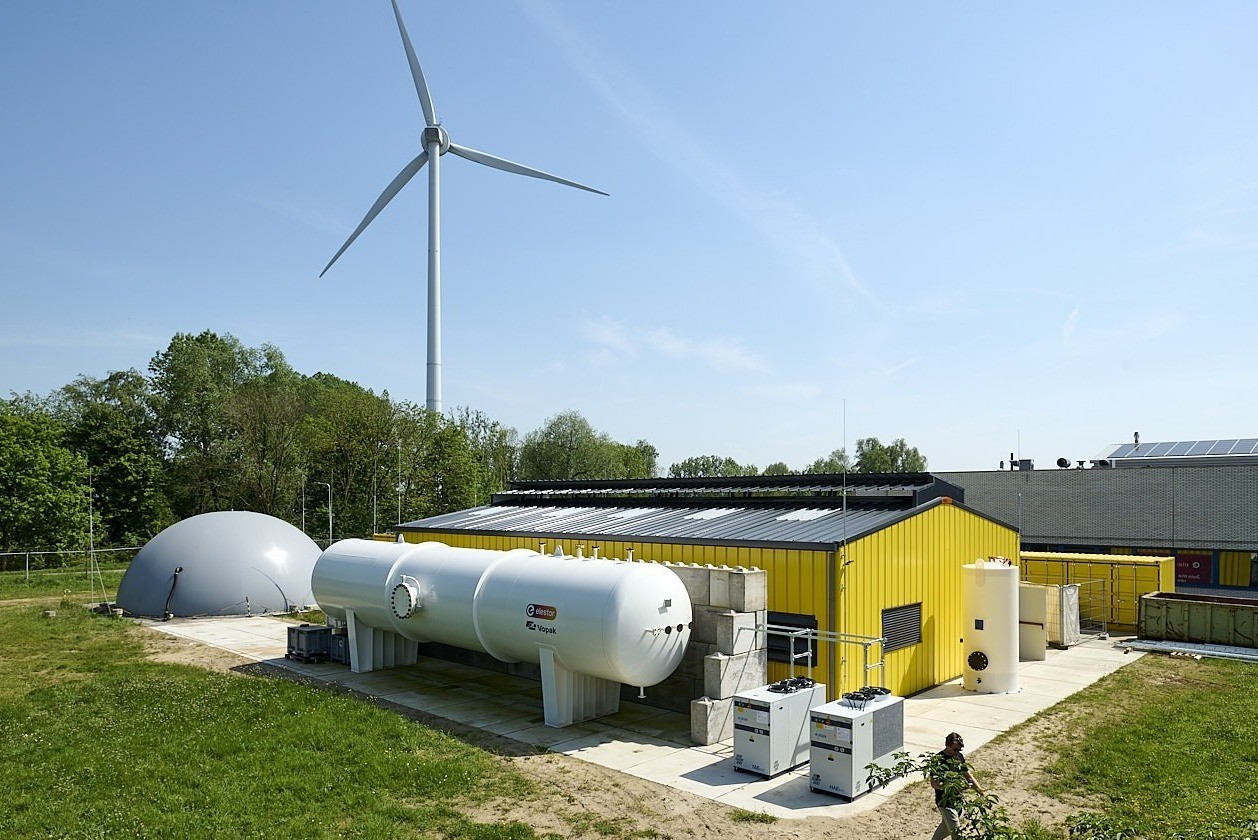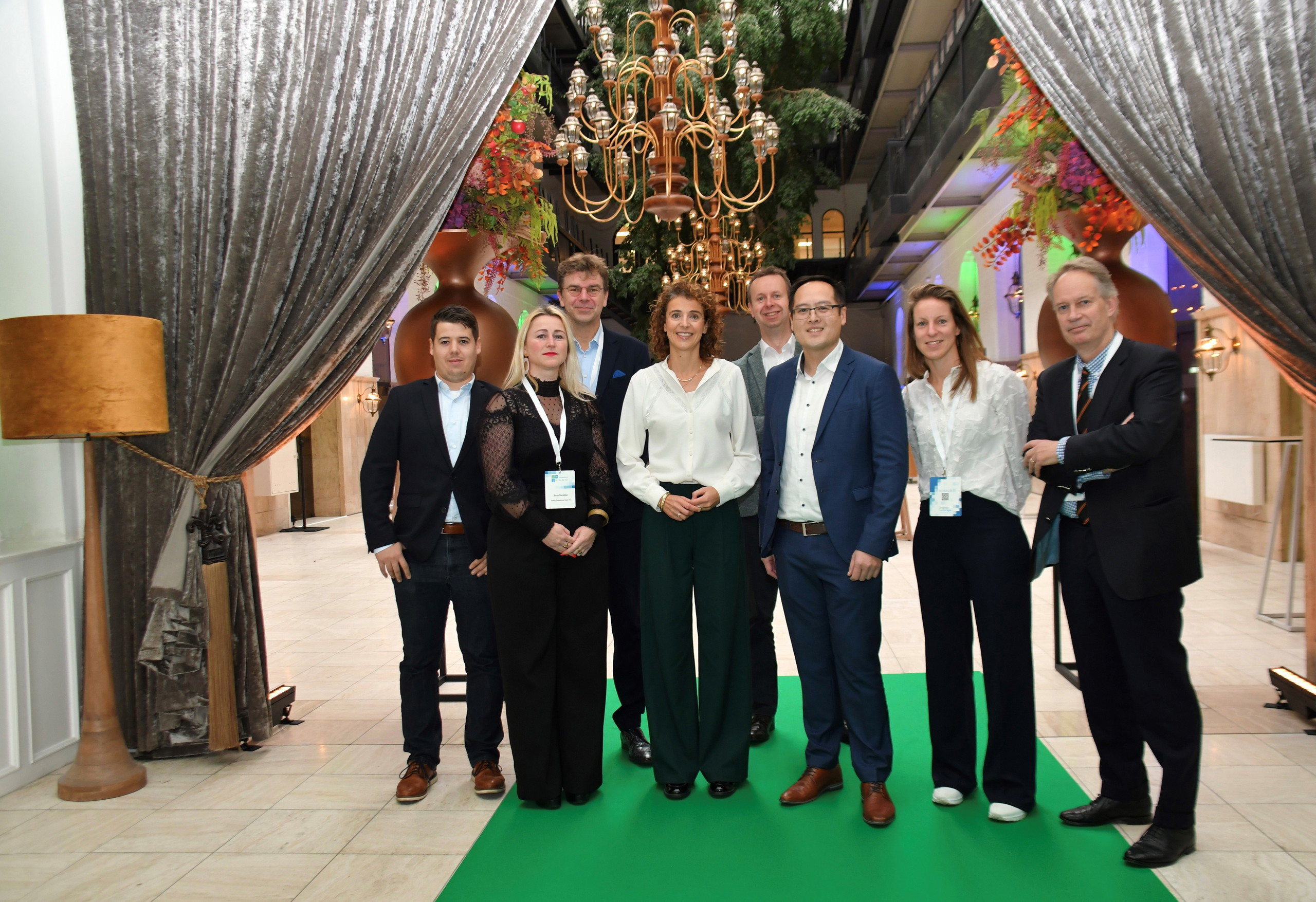
Elestor teams up with leading european science industry partners for the development of a membrane less hbr flow battery
The EU recently awarded €4Million to the MELODY consortium, to develop low cost, innovative batteries for large-scale energy storage, as part of the Horizon 2020 program ‘Advanced Redox Flow Batteries for stationary energy storage’. The MELODY consortium consists of small & medium enterprises (Elestor, PV3 Technologies, Vertech), industry (Shell) and academic leaders (TU Delft, Technion, University of Exeter, ETH Zurich), with coordination support provided by Hezelburcht. The collaborative project began in January 2020, and will run for 4 years, leading to a pilot facility that demonstrates the practical application, with each partner bringing required know-how and capabilities to complete the project.
The world’s energy system is in a revolution. Increasingly higher volumes of intermittent generation have made it clear to industry experts that there is a global demand for effective and economically viable energy storage. Since the demand for renewables like wind and solar energy has become global, the demand for storage will also span continents, offering huge opportunities for those companies and countries which can innovate to deliver new kinds of battery storage. MELODY aims to develop a sustainable redox flow battery technology that can effectively reduce the costs of electricity storage to support large-scale, global deployment.
Mass market introduction of redox flow batteries has been hampered by various factors – material cost, limited catalyst lifetime, membrane costs, system complexity and safety issues. The development of an economically viable and sustainable redox-flow battery (RFB) storage systems is therefore eagerly awaited. To overcome these challenges, MELODY employs a unique triple cost reduction strategy, specifically:
- A membrane-less flow battery concept;
- The use of abundant hydrogen and bromine;
- A simplified system design.
Project Leader, Dr David Vermaas of Delft University of Technology, said:
“We are seeing a huge increase in demand for energy storage technology but much of the existing battery technology remains expensive and reliant on rare metals. The MELODY project will drive forward innovation in the field of Redox Flow Batteries leveraging the membrane-less concept for the promising H2-Br2 chemistry, that will drive down costs and reduce reliance on rare and expensive materials. This project offers a great opportunity for EU universities and companies to drive the low carbon energy transition and service a massive new market and the new jobs that will go with it.”
CONTACT DETAILS: Prof. Peter Connor, University of Exeter, Penryn Campus, Penryn, Cornwall. P.M.Connor@exeter.ac.uk. +44 7814 406644

Article and interview in Solar365 magazine: Elestor to build largest hydrogen battery ever
For the energy transition to succeed, sufficient renewable generation is required, but also the ability to store that energy for longer periods. Technologies capable of storing energy between eight and one hundred hours can play a crucial role. A broad consortium has received €22 million in funding from the Dutch National Growth Fund for the so-called SLDBatt project (Sustainable Long Duration Battery), which focuses on long-duration electricity storage.
Read more
With € 30 million, the SLDBatt project in the context of the Growth Fund Material Independence & Circular Batteries is the largest R&D project into battery technology for long-term storage of sustainably generated electricity in the Netherlands
Minister Hermans with SLDBatt consortium representatives at IEA Energy Storage Symposium in Rotterdam (credits: Mathias de Graag / RVO)
Read more
Elestor’s Hydrogen-Iron Flow Batteries: Powering Europe’s Resilient and Sovereign Energy Future
In its Innovation News Network article from 15 July 2025, Elestor illustrates how its hydrogen‑iron flow batteries can deliver long‑duration, modular energy storage to bolster Europe’s grid stability and strategic autonomy. The story highlights the team’s use of abundant, safe materials and regulatory-aligned design to ensure rapid deployment at scale.
Read more
